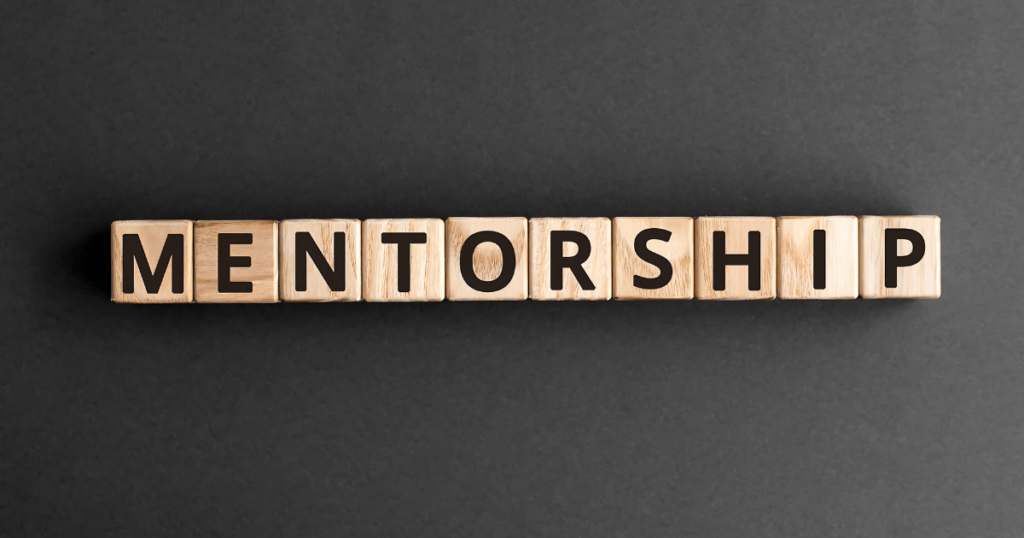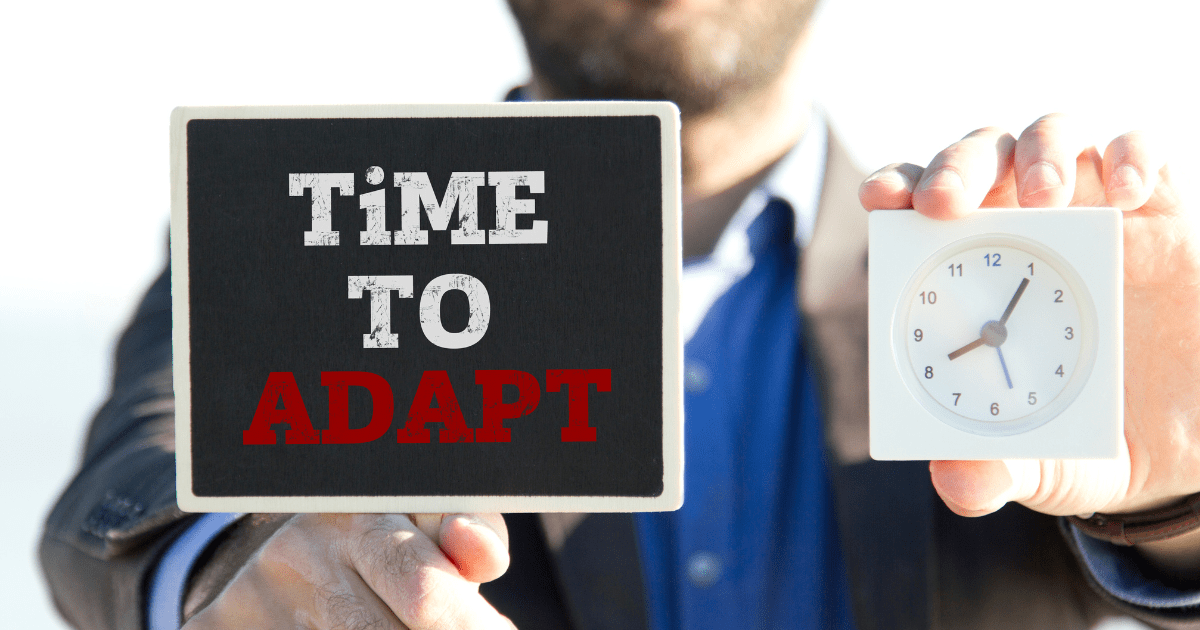
Buying a new asset for your business (be it anything from a vehicle to computers) can be stressful.
Deciding whether to buy or lease can be made easier if the right questions are asked and the correct options are selected, says Nicholas Nkosi, Head of Vehicle Asset Finance – Retail Banking at Standard Bank.
Making the right decision
Establishing whether the asset is essential or if it is part of a wish list is the first step, says Nkosi.
“To make sure it is bought for the right reasons, it pays to sit down with a blank piece of paper and write down what the asset is in one column. In a second column, list the reasons why it has to be bought right now. In a third column, list the short-term and long-term benefits of making the purchase versus those of leasing. This way, you will make sure that the asset is vital to the business, you have an indication of how it will perform and you will know the financial returns if you lease or if you buy in order to make an informed decision.”
Essential questions to ask
Nkosi suggests business owners ask themselves these questions before deciding to buy or lease an asset for their business.
1. Must it be new or can a used asset do the job?
The price gap between the new and used asset could be the deciding factor, says Nkosi. “Liquidation sales and even auctions can be great sources of equipment – especially if you operate within the food industry,” he says.
2. Does cutting down on the price mean sacrificing quality?
“You do not want to end up with an asset that causes you more problems than solutions,” says Nkosi who advises that if you decide to buy the asset, “then you need to find out about its lifespan, if it is sold with a guarantee and if spare parts are readily available.”
“Buying cheap could turn out to be the expensive option,” he says.
If you decide to lease, look carefully at the asset’s maintenance and service history to lower the risk of ending up with a lemon, Nkosi says.
Shopping around can also help you find the best price and deal, saving you money and potential post-purchase headaches.
3. Does the asset come with a guarantee and service contract?
“Sometimes it is wise to pay a little more for warranties and on-site repairs of faulty equipment within a defined period,” advises Nkosi adding that lease agreements usually come standard with these types of contracts.
4. Will the new equipment pay for itself?
Nkosi says you should ask yourself if the new equipment will help streamline the business and increase productivity.
“If additional machine capacity doesn’t pay for itself and increase your sales, you should probably think twice about buying it,” he says.
5. Is training part of the deal?
Ask yourself if your staff will need to be trained to operate the new equipment and if this training is offered as part of the deal, says Nkosi. If you will have to source the training for your staff at your own expense, he says, then work that expense into the budget.






